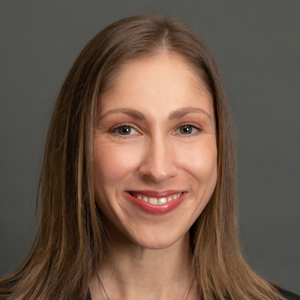In the Words of Direct Care Workers: Camran Hayes
As part of our new report on the direct care workforce, we’ve been speaking with direct care workers from around the country, drawing on their wisdom and experience to help inform the future of this sector. This interview is with Camran Hayes, a Home Care Specialist and Personal Care Worker at Community Living Alliance in Madison, Wisconsin. He has been a direct care worker for 1.5 years.
 ON WHY HE DECIDED TO BECOME A HOME CARE WORKER
ON WHY HE DECIDED TO BECOME A HOME CARE WORKER
“When I was a teenager, my first job was at a nursing home as a dietary aide. I would pass out the milk, coffee, and food. And I was always so intrigued by the CNAs (certified nursing assistants) and the nurses. People would tell me, ‘You should become a caregiver. You have that type of personality.’ Never would I have ever thought that I could actually do this job. But then I guess I’ve always loved working with people.
My family is Iranian, and Persians take care of their elders. So I had some experience helping out with my grandparents, but nothing to the extent of nurse-delegated tasks. I never had any experience with that. Originally, I planned for this to be a 10 hours-a-week gig while I went to school and then maybe even worked another part-time job. But then I just started getting more clients, and they were giving good feedback, and eventually I started working full time. And then I just kept at it. I fell in love with it. I’m constantly growing and feeling challenged. Nothing feels more natural.”
ON WHAT HE FINDS MOST CHALLENGING IN HIS ROLE
“Many CNAs do not get paid enough. With home care, you don’t have coworkers. When I first got this job, I kind of felt like I was on my own for the longest time. I felt so lost and scared. And all the time I would think, ‘Oh man, did I do something wrong?’ When I started working on-call, the person who trained me became a caregiver role model for me, and that’s when I started feeling more supported.
There’s too much work to get done and not enough people doing the work. And I know that a lot of that has to do with pay. You could probably make more money working at QuikTrip, to be honest. And then you also have to take care of people’s bodies and do toilet care. You have to be a certain kind of person to be able to do that kind of work.”
ON SERVING RURAL AREAS
“Transportation can definitely be an issue for caregivers. A lot of people at Community Living Alliance use the bus route to get to their clients’ homes. I have a car so I can go anywhere in the Dane County area, but a lot of people just can’t travel out to the outskirts or more rural areas. As upsetting as that sounds, at the end of the day, there’s a lack of resources that prevents caregivers from going to homes out there.”






